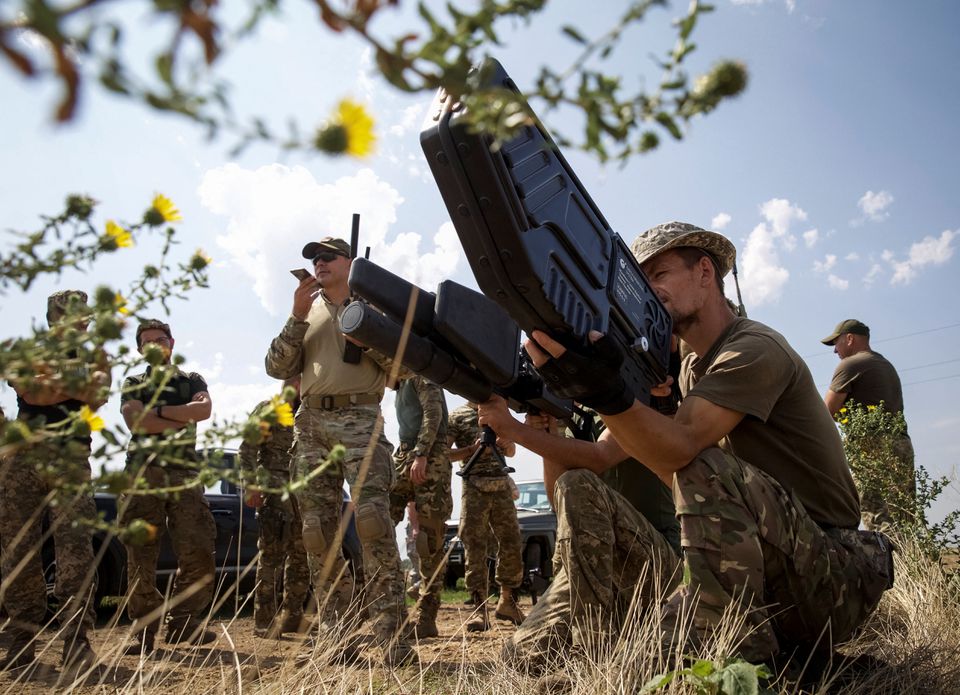Germany and France warned on Tuesday against a European Union ban on tourist visas for Russians, saying it would be counter-productive, highlighting divisions within the 27-nation bloc as foreign ministers prepared to discuss the measure.Eastern and Nordic countries strongly back such a ban, saying travel to the EU is a privilege, not a right, and that allowing Russians to party on European beaches at a time when their country has invaded Ukraine is unacceptable.
The Kremlin slammed the proposed ban as “irrational,” while Paris and Berlin argued that, six months into the war, the EU should avoid penalising ordinary Russians who might oppose their government’s actions and harbour pro-Western sympathies.”We caution against far-reaching restrictions on our visa policy, in order to prevent feeding the Russian narrative and trigger unintended rallying-around the flag effects and/or estranging future generations,” France and Germany said in a joint memo seen by Reuters.
One EU diplomat said divisions on the issue meant an agreement at the two-day meeting of ministers in Prague was unlikely.
As a temporary compromise, ministers might agree in principle on suspending a visa facilitation agreement, which would mean Russians facing a longer procedure and having to pay 80 euros instead of 35 for their EU visa, the diplomat said.But that may well not be enough for pro-ban countries, especially those bordering Russia, some of which have already individually stopped issuing visas.
“I hope that we will be able to agree on a common European solution that will allow to significantly limit the flow of tourists from Russia to Europe,” Lithuanian Foreign Minister Gabrielius Landsbergis said in a statement.”If all 27 EU countries fail to reach an agreement, a regional solution for the countries most affected by the flow of Russian tourists may be sought in the future.”Finland, which has a long land border with Russia and says it does not want to become a hub for Russian tourists entering the EU, has sharply cut the number of visas it grants them.Earlier this month, Estonia closed its border to more than 50,000 Russians with previously issued visas, the first EU country to do so.”It is very provocative to me that you see Russian men on European beaches in southern Europe and at the same time Ukrainian men between 18 and 60 years cannot even leave their country but have to fight for their freedom,” Denmark’s Foreign Minister Jeppe Kofod said last week.Describing the calls for a visa ban as an example of the West’s “anti-Russian agenda”, Kremlin spokesman Dmitry Peskov said: “Step by step, unfortunately, both Brussels and individual European capitals are demonstrating an absolute lack of reason.”He said any visa ban would “not go unanswered”.EU defence ministers were also meeting in Prague on Tuesday and looked likely to agree in principle to organisejoint military training missions for Ukrainian troops.
-Reuters

